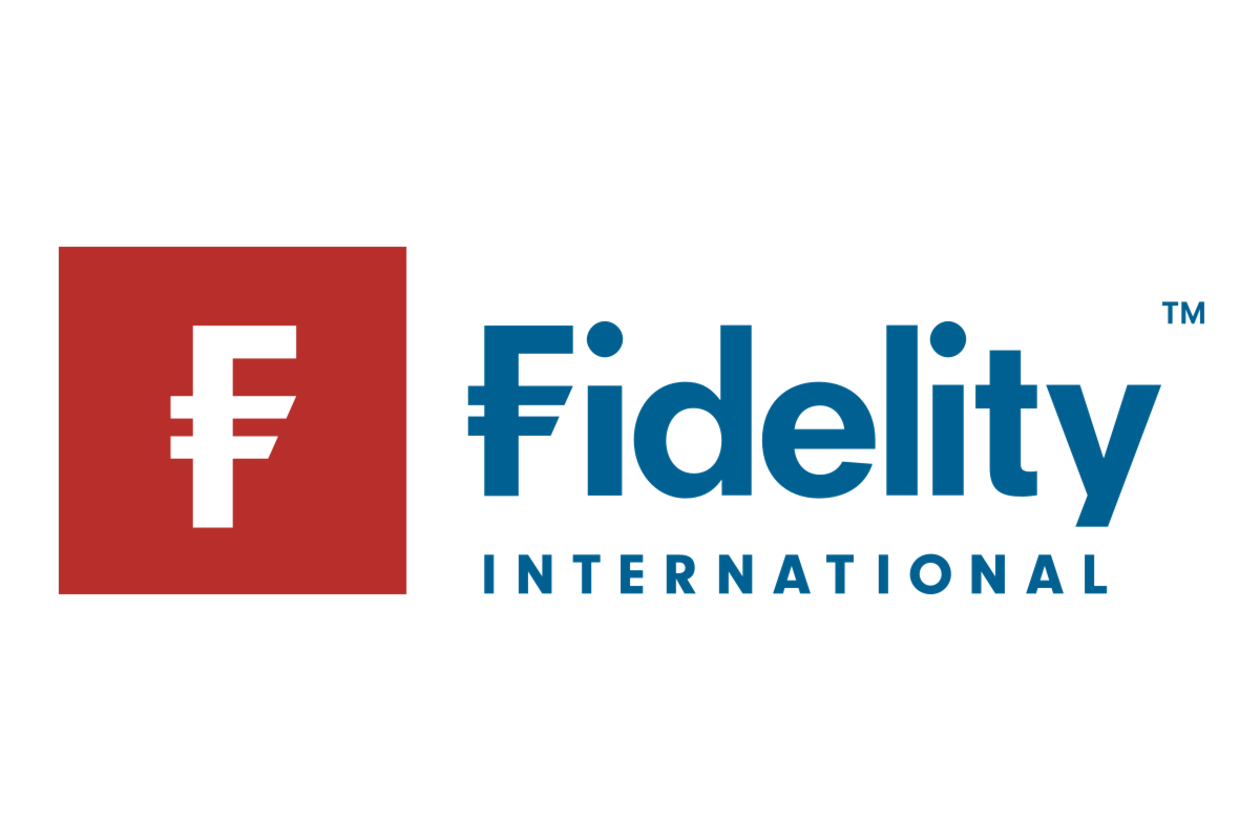Dale Nicholls is a veteran portfolio manager with over 28 years’ experience
Fidelity has a large team of analysts across the region for the manager to utilise
The trust takes advantage of its ability to borrow and invest in private companies
How it fits in a portfolio
Fidelity China Special Situations aims to grow capital over the long term by investing in a diverse range of Chinese companies. The fund manager invests in companies of all sizes but tends to invest more in higher-risk smaller companies than the benchmark. The trust may also invest in private companies which aren't currently listed on a stock exchange.
A focus on a single emerging market, small and medium-sized companies, the use of derivatives, and a high level of gearing (borrowing to invest to try to boost returns) increases risk and means performance can be volatile. This makes the trust a more adventurous option and should only form a small part of a diversified investment portfolio. When investing in investment trusts, investors should be aware the trust can trade at a discount or premium to net asset value (NAV).
Manager
The trust has been managed by veteran investor Dale Nicholls since April 2014. Nicholls has spent his whole career at Fidelity, joining the company in 1996, and has spent most of his time focused on Asia. He took over management of the Fidelity Pacific fund in 2003, which invests partly in China as well as other Pacific markets such as Japan and Australia. Nicholls also previously ran an Asian smaller companies fund, providing experience of investing in companies of all sizes.
Nicholls has the support of a wide range of research resources at Fidelity, including a number of analysts based in the region and focused on China. He draws on the research and insights from these analysts, including regular support and challenge. The team also has great access to company management to enhance their research.
Process
Nicholls’ strategy focuses on identifying companies that the market undervalues and investing in them for the long term. The emphasis is on well-managed companies with strong growth potential. He dedicates a significant amount of time to meeting with companies and their competitors to gain a thorough understanding of industry dynamics.
Nicholls uses Fidelity’s team of analysts to generate investment ideas for the trust. He uses their analysis of companies’ financial health and value and considers the risk and reward offered by each company. He usually invests a small amount in each company and adds more as his understanding and confidence in the company grows.
This results in a trust that’s quite different from the benchmark. For instance, the trust has more invested in smaller, higher-risk companies. These are often less researched, providing Nicholls and his team with opportunities to invest before their potential is realised by the wider market. The trust invests in larger companies as well though, such as Tencent and Alibaba Group.
China is the world’s second largest economy and Nicholls believes the growth of China's middle class and an increasing focus on domestic consumption will be key drivers of growth in the coming years. The manager focuses on sectors such as consumer-focused companies, healthcare and industrials.
Closed-ended investments like this investment trust offer managers greater flexibility than open-ended funds. The trust makes use of gearing (borrowing to invest to try to boost returns). At the end of March 2025, net gearing stood at 20.5%.
The manager also has the flexibility to invest up to 15% of the trust’s assets in private companies that aren't currently listed on a stock exchange. This increases risk as these companies are less liquid (more difficult to buy and sell) than listed ones. At the end of the trust’s latest financial year, 9.6% of the trust was invested in unlisted companies.
Culture
Fidelity was founded in 1969 and is a global investment manager. The company remains privately owned, meaning its managers can focus on the long-term interests of investors rather than short-term shareholder demands. That's helped the firm develop an investment-focused culture, where investment ideas are openly discussed and debated, and information is shared amongst the firm's various teams.
The company's scale means investment teams are well-resourced and fund managers are well-incentivised. We think it's positive that all Fidelity fund managers are incentivised based on the longer-term performance of their funds and investment trusts. We think this aligns their interests with those of investors.
ESG Integration
Fidelity has developed a structured engagement program which allows it to be systematic in its engagement on environmental and social issues. The firm also has a large ESG team, which writes regular ESG reports on companies held by Fidelity fund managers. The firm votes where it is possible to do so and quarterly voting reports are posted online, complete with rationales for votes against management and abstentions.
In June 2019, Fidelity launched its own proprietary ESG ratings tool. It scores thousands of companies based on their ESG credentials on a forward-looking basis, with investment analysts tasked with the job of ensuring the ratings are up to date. The ratings system was later updated to include an assessment of each company’s ability to manage negative externalities. Fidelity also developed a climate rating which highlights companies where engagement is most necessary if the firm is to achieve its aim to halve portfolio emissions by 2030 and reach net zero by 2050. While Fidelity has made strides forward at the firm level, we don’t think this has fully fed through to the fund level. Although there is plenty of ESG information available to all Fidelity fund managers, we’re not yet convinced they all put it to full use.
Cost
The ongoing annual charge over the trust’s financial year to 31 March 2025 was 0.74%, which includes the trust’s variable management fee. Investors should refer to the latest annual report and accounts, and Key Investor Information for details of the risks and charging structure.
If held in a SIPP or ISA the HL account charge of 0.45% (capped at £200 p.a. for a SIPP and £45 for an ISA) per annum also applies. Our account charge doesn't apply if held in a Fund and Share Account or a Junior ISA. As investment trusts trade like shares, both a buy and sell instruction will be subject to our share dealing charges within any HL account except online deals in a Junior ISA.
Performance
Since Nicholls took over the trust in April 2014, returns have been strong. Over this period, the trust’s net asset value grew 202.19%* compared to 104.42% for the MSCI China benchmark. The trust’s share price also increased by 199.02%. Remember, past performance is not a guide to the future. Investments can go down as well as up in value and you could get back less than you invest.
Single country focused investments carry increased risks and given the trust's focus on smaller businesses and use of gearing, performance can be volatile and returns are likely to look different from the market at times.
In the trust’s last financial year to March 2025, the net asset value of the trust grew 31.53% and the share price increased 35.82%. Both of these were slightly behind the 36.34% rise of the MSCI China benchmark.
Investments in financial companies were a positive contributor to performance over this period, with the online consumer finance platform LexinTech being a particularly strong performer. The choice of industrials companies, such as tool manufacturer Precision Tsugami, was another positive, even though that area of the market was one of the weakest in the benchmark.
Detractors from performance included not owning some electric vehicle companies such as BYD and Xiaomi – the smartphone manufacturer that has diversified its operations. The trust’s holding in Pony AI, a developer and operator of autonomous vehicles, was also a detractor. The company’s share price has struggled since IPO (when it listed on the stock market) in November 2024.
Whilst the trust mainly focuses on growth, it also tends to pay a dividend each year. The board has declared a final dividend for the year to the end of March 2025 of 8.00p per share, which is an increase of 25% on the previous year. There is also a special dividend of 1.00p per share. At the time of writing the trust has a dividend yield of 3.08%, although this is not an indicator of future income. Remember that dividends are variable and not guaranteed.
Note the share price of investment trusts can trade at a premium or discount to their net asset value (NAV). At the time of writing the trust trades at a discount of 9.45%.
Annual percentage growth
May 20 – May 21 | May 21 – May 22 | May 22 – May 23 | May 23 – May 24 | May 24 – May 25 | |
|---|---|---|---|---|---|
Fidelity China Special Situations | 78.95% | -38.15% | -16.54% | 10.07% | 15.08% |
MSCI China | 20.78% | -27.66% | -13.16% | 1.68% | 19.79% |


